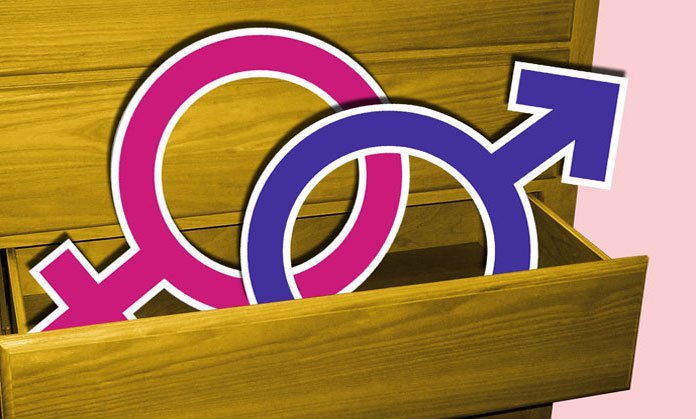
Source
Education for the sexual is a process, which begins in the first years of existence and continues throughout life. Both the family and the school or society in general will be involved. It has to do with the set of learning that will affect both the level of information, as well as attitudes and behaviors. It should provide adequate, varied and correct information that includes not only the anatomical and physiological aspects of sexuality, but also the psychological, social, anthropological and historical aspects; that are based on up-to-date scientific knowledge and, therefore, free from prejudice.
Sexuality is more than pure sex, because it is the result of the interaction of biological, psychological, socio-economic, cultural, ethical and religious factors; it is expressed in everything we are, feel, think and do. You can say that we are sexual beings from birth until we die. It should be noted that there are two essential aspects in terms of sexuality that we as teachers should know: a biological aspect and another of a psychosocial nature. The biological is linked, in addition to procreation, the impulse, desire, sexual responsiveness and enjoyment through it. The psychosocial aspect is shaped since childhood when ideas and attitudes towards sex determined by the family and school environment are acquired, since these vary according to the system of moral values that regulate the different social classes and different cultures, which is why Sexuality lacks universal validity to define sexual behavior.
Now, the incidence of teenage pregnancies is one of the biggest problems in Venezuela, every day the figures of pregnant teenagers grows. Also, sexually transmitted diseases (STDs) are another common public health problem in Venezuela. A great problem is the condition of asymptomatic infection, which is the main source of disease spread, these two problems what it tells us is that, we are not managing well what is education for sexuality, there is definitely a lack of education and training from an early age on this subject.
It is strictly necessary that government policies be committed to the sexual education of young people from childhood, in an instructive and non-punitive manner. In addition, the State, with the active participation of society (community leaders, health care providers, and us educators), must guarantee sexual and reproductive health care services and programs to all children and adolescents. Also, families play an important role in education for the sexuality of their children, with their help they could help promote in them, an assertive communication and a healthy lifestyle, the preservation and protection of privacy, the prevention of infections of sexual transmission and other unintended consequences of sexual intercourse. The participation of the family in education for the sexuality of their children, would definitely diminish these perfectly preventable problems.
Now, the school and all its actors, we are called to reflect on the place of sexuality in educational institutions, a topic that forces us to review opinions, beliefs, myths and prejudices in light of concepts, ideas and values about society what we want The proposal is to enable spaces for productive debate by framing questions and concerns that express the complexity of the theme. Therefore, including sex education in school confronts us with the challenge of rethinking various aspects of institutional life: times, spaces, fields of knowledge, didactic proposals. Education for sexuality is a permanent need for the school population, since human sexuality constitutes a constant capacity in people.
In Venezuela, the Organic Law for the Protection of Children and Adolescents (LOPNA) in its Article 50. Sexual and Reproductive Health. Express
"All children and adolescents have the right to be informed and educated, according to their development, in sexual and reproductive health for sexual behavior and responsible, healthy, voluntary and risk-free maternity and paternity."
The school has the social responsibility to incorporate education for intentional sexuality into its pedagogical activity, since it is the one responsible for the processes of knowledge transmission and the formation of valuable attitudes for life during childhood and adolescence. Educating for sexuality is today an indispensable demand for Venezuelan society, based on the right of children and adolescents to have information about this area. As teachers we have to act from our educational spaces to strengthen the self-esteem and identity of children and / or adolescents, as well as the care of their body.

Thank you